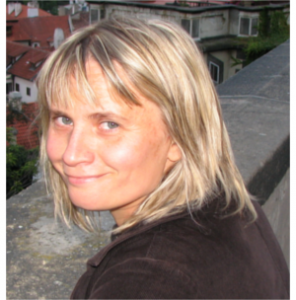In group decisions by consensus, being more certain does not imply making a better decision. In social psychology, certainty is the degree to which a person is sure that the decision made is correct (accurate). For a while, people thought that group decisions increase decision accuracy, but recent research showed that only the certainty of the decision increases under these circumstances (Punchochar and Fox, 2004). Researchers also thought that under certain conditions, group discussions may lead to an increase in knowledge connected to the decision task, but Fidler and Kareev (2006) proposed an experiment in which an increase in the quantity of information made participants more uncertain. In their experiment, a smaller sample of information lead to an increase in the accuracy of decisions. Their observation was explained by the fact that smaller samples can have a wider variation. read more
 Extreme attitudes like xenophobia and xenophilia entail a dramatic reduction of the complexity of life leading to a type of „either-or” attitude: who is not with us is against us. Later on, this mental convenience will be expensively paid.
Extreme attitudes like xenophobia and xenophilia entail a dramatic reduction of the complexity of life leading to a type of „either-or” attitude: who is not with us is against us. Later on, this mental convenience will be expensively paid. Can public spaces be revitalized by involving the local community? Read an example
Can public spaces be revitalized by involving the local community? Read an example How can change be generated in a system where all things seem stagnant, as the public sector?
How can change be generated in a system where all things seem stagnant, as the public sector?